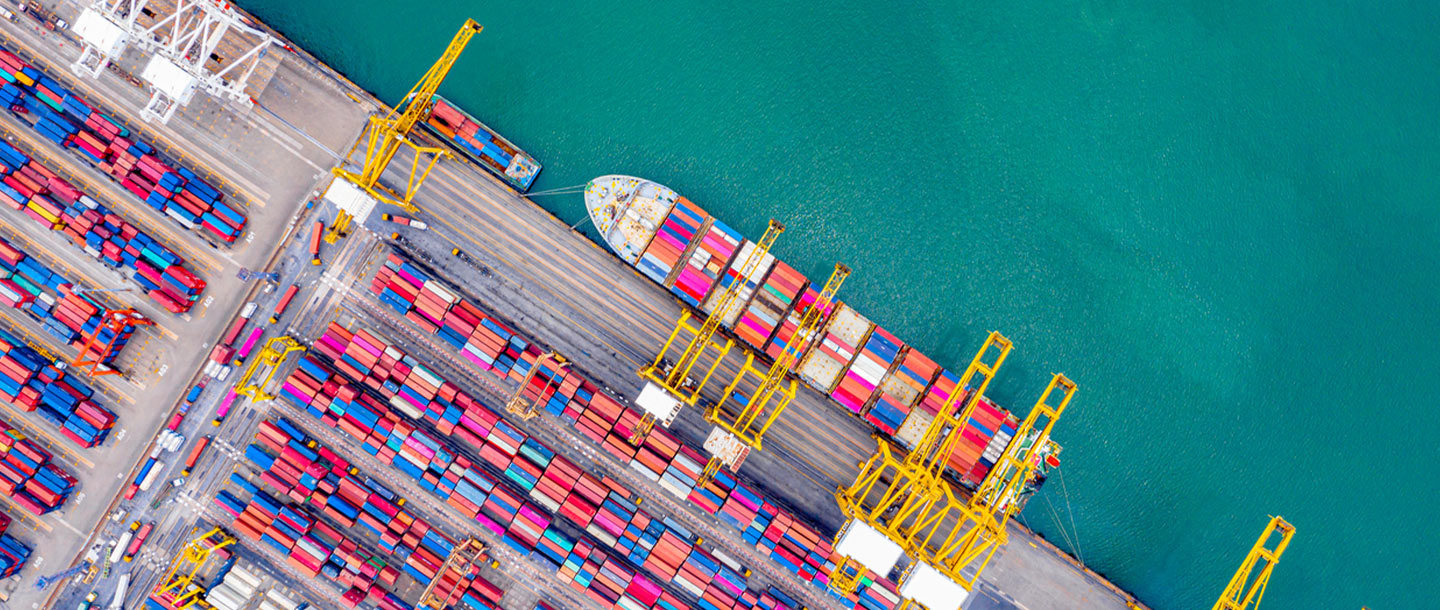As part of new regulations following Britain’s exit from the European Union, businesses are being reminded to prepare for Customs changes set to come into effect on 1st of January 2022.
As of New Year’s Day 2022, businesses will no longer be able to delay making import customs declarations under the Staged Customs Controls rules that have applied during 2021. Most businesses will have to make import declarations and pay relevant tariffs at the point of import, rather than delay the paperwork by up to six months (as was allowed for imports into the UK during 2021).
In the run up to the Transitional Period ending on 31 December 2020 our advice to clients was not to take advantage of the possibility of delaying the submission of import entries under the six-month deferral, but instead to try to follow the process for full import declarations from 1 January 2021. Those which have followed this advice should see little change from January 2022 other than an increased risk of imports being selected for inspection (thus possible delays) plus also the changes to the Commodity Codes used by the UK.
Full guidance can be found here.
Some key points:
Simplified Declarations
Some businesses already have a ‘Simplified Declarations’ authorisation from HMRC that allows their goods to be released directly to a specified customs procedure without having to provide a full customs declaration at the point of release. However, businesses looking to be authorised for this process need prior approval from HMRC and this can take up to 60 days.
Border Controls
From 1 January 2022, goods may be directed to an Inland Border Facility for documentary or physical checks if these checks cannot be caried out at the border. It is important that those involved in transporting your goods are ready and understand how you intend to operate from January 2022.
You must also submit an “arrived” export declaration if your goods are moving through one of the border locations that uses the arrived exports process.
If you do not follow the correct process from 1 January 2022, the new systems will not permit your goods to leave the UK and they will be turned away as they will not hold export clearance.
Rules of Origin
The correct country code for the country of origin and the country of dispatch must be used when completing your customs declaration. For EU member states, the individual country code of the relevant member state should be used. The “EU” country code should no longer be used and will be disabled from HMRC’s systems shortly.
Commodity codes are changing
Commodity codes (used to classify goods that are imported and exported) are also changing throughout the world from 1 January 2022 and importers should familiarise themselves with these changes, although it should have no impact on the rate of import duty payable. Some of the changes are unique to the UK, although these are relatively minor and only impact on the last two or four digits of the commodity code.
Postponed [Import] VAT Accounting
UK VAT-registered importers can continue to use Postponed VAT Accounting (PVA) on all customs declarations that require you to account for import VAT, except when HMRC have told you otherwise. This is a valuable cash flow benefit for importers and is welcomed, but on occasion we still see freight forwarders and import agents failing to utilise it.
Further changes to import controls are to be expected to be introduced from 1 July 2022, which HMRC will confirm nearer the time.
If you would like more information on this topic, please do not hesitate to contact one of our dedicated VAT specialists: Mark Hetherington, VAT Partner, on 0191 243 6073 or at markhetherington@unw.co.uk; or Ian Coulthard, VAT Senior Manager, on 0191 243 6017 or at iancoulthard@unw.co.uk.

